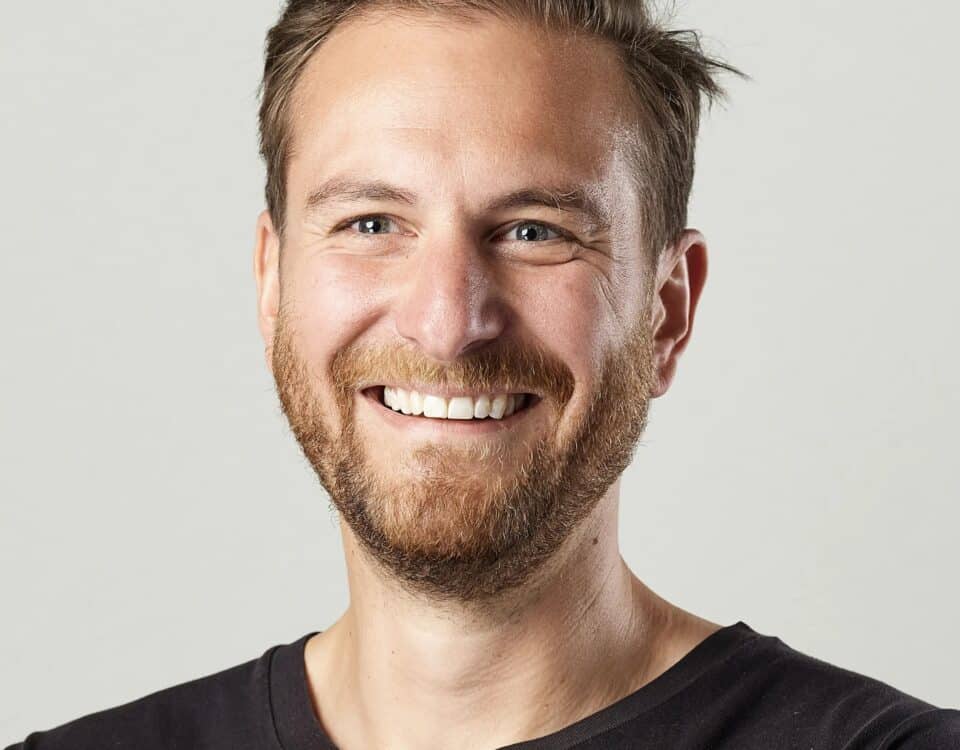The practices that set learning organizations apart
November 2, 2021A former Facebook VP thinks investing in humans is the future of VC
November 18, 2021As Kyle Green, CEO of The Green Mortgage Team, scaled his 15-year-old Vancouver-based mortgage brokerage to 16 people, he positioned it to beat the labor shortage by building a culture of Kaizen, or continuous improvement—one of its Core Values.
If a mistake gets made, no one sweeps it under the rug. Instead, the leadership team brings it to the surface so the team can improve its processes and procedures.
“It’s not about who made the mistake,” says Green. “It’s a matter of let’s have everyone learn from this situation so the mistake doesn’t happen again.”
Green began working with Scaling Up Certified coach Robert Erario in 2013, when Green Mortgage was a fledgling operation, completing the One-Page Strategic Plan and integrating the Scaling Up platform throughout the company. In the years they have worked together, the company has broken seven figures in annual revenue and has been featured consistently in annual rankings of top mortgage firms in Canada, based on the volume of deals funded.
Hiring for company values
As Green Mortgage has grown, attracting and retaining the right people has become a top priority. “Before we hire anyone, we ask those individuals what is important to them,” says Green. “If someone is not a good fit for the company, we don’t bring that person on.”
Hiring in this way sometimes means taking a chance on less experienced people who share the company’s values. Green has found they often outperform seasoned pros whose values are not as well aligned. “Within a year, the person that fits the company values always exceeds the person who didn’t,” says Green.
To avoid the turnover common in the brokerage industry, Green Mortgage’s leadership team has worked hard to build a strong culture. They study companies such as Zappos, to look for best practices they can bring to Green Mortgage.
“I find it is way easier to hire and retain staff in an industry where there is a lot of turnover by ensuring there is a strong, clearly defined company culture here,” says Green. “There are a lot of companies in the brokering business who have a revolving door of people who go in and go out. People need to feel like they are part of a purpose.”
Getting clear on core values
To identify people who fit the company’s Core Values, Green and his leadership team first worked with Erario to get clear on what they are. In addition to Kaizen, they named three others: Communicate with love. Play as a team. Create raving fans.
They also drafted a Purpose: “To help people build wealth through real estate.” The company has gradually been integrating key phrases like this into its marketing materials.
To stay focused on its Values and Purpose, Green has, with Erario’s guidance, learned to stay focused on attracting the firm’s ideal client and say no to work that will ultimately prove to be a distraction. “Turning away that revenue gives you more space to say ‘Yes,’ to things that are more aligned with your objectives,” he says. “It’s still very difficult to say ‘No’ to good opportunities. That was a big shift for me.”
Tracking execution
To keep its team aligned, Green Mortgage holds biweekly staff meetings. “We start each meeting with each person on the team mentioning something someone did at the company that was positive and aligned with our values,” says Green.
With Erario’s guidance, Green Mortgage began using its customer relationship management (CRM) system to track key performance indicators (KPIs) it sets. “We’re tracking more KPIs to see where things might be breaking down in the process,” says Green. “That way, we can better acknowledge issues and core challenges.”
In addition to companywide KPIs, there are individual KPIs for employees across titles, such as document managers, underwriters and account managers. “We’re tracking individual progress,” says Green.
Profit-first accounting
Working with Erario, Green Mortgage has adopted Profit First accounting, the system developed by Mike Michalowicz. The company has focused on common financial challenges in the industry, like cash-flow management. To protect its profitability, it has also launched a separate sister company to work with clients who are investors. Their deals require added paperwork and, as a result, more staffing. “We’re trying to increase profitability without turning away strong clients who don’t want to pay extra,” says Green.
With the Scaling Up platform in place, Green Mortgage is now focused on working toward ambitious Big Hairy Audacious Goal: To be the top producing brokerage in Canada. That’s not an easy goal to achieve, but the brokerage’s commitment to continuous improvement will no doubt position it well for growth.


